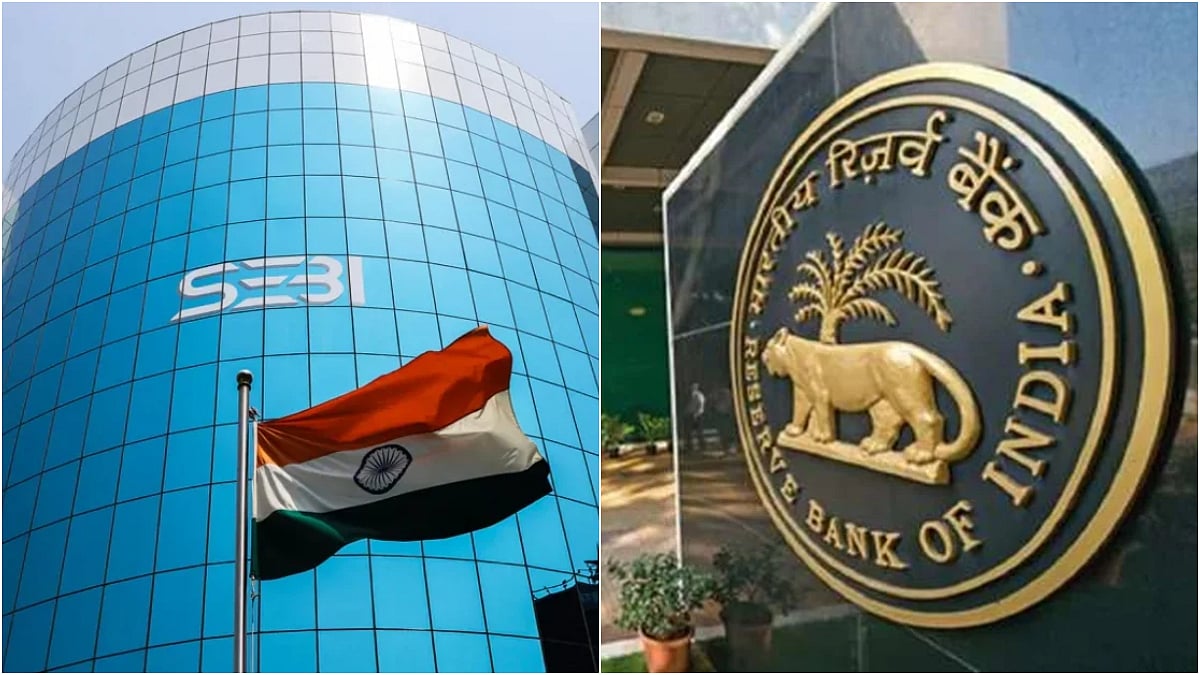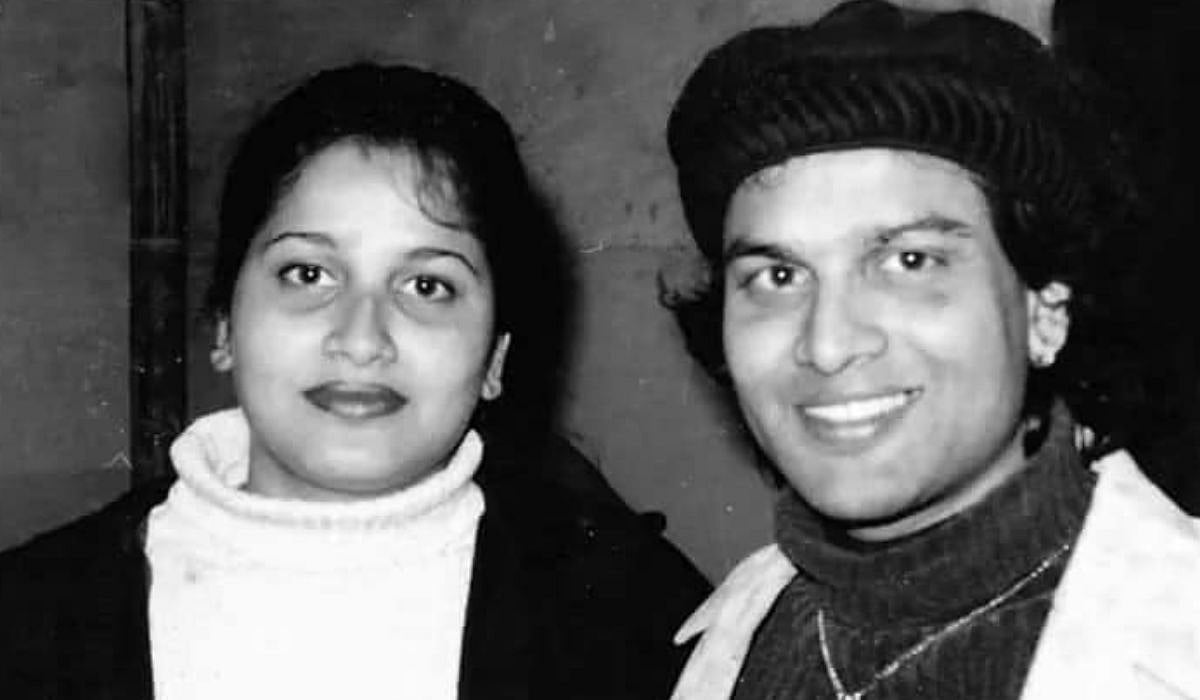New Delhi: The Supreme Court on Wednesday, April 16, commenced hearings on a batch of petitions challenging the constitutional validity of the Waqf (Amendment) Bill, 2025. The case has drawn national attention, with concerns raised over religious rights, land ownership, and the role of the state in matters of inheritance under the Islamic law.
A three-judge bench led by Chief Justice Sanjiv Khanna flagged a number of contentious points in the law, particularly regarding the classification of certain high-profile properties as Waqf land.
SC Flagged Property Concerns, Called For Clarity
As per a report by Live Law, stated during the hearing, “We have been told the Delhi High Court building is on Waqf land, Oberoi Hotel is on Waqf land… We are not saying all Waqf-by-user properties are wrongly registered, but there are some genuine areas of concern too.”
The bench, which also includes Justices Sanjay Kumar and KV Viswanathan, asked both petitioners and the Centre to discuss whether the Supreme Court should directly hear the matter or if it should be first dealt with by the High Courts. They also asked for the central issues in the petitions to be clarified.
Senior advocate Kapil Sibal, representing the petitioners, challenged the state’s right to legislate on religious inheritance, arguing, “Who is the State to tell us how inheritance will happen in my religion?”
He further added that under Islamic law, inheritance takes effect posthumously, contending that the new law intrudes upon on this principle.
Centre's Role In Waqf Under Scanner
A key point of contention in the case is Section 3(C) of the amended Act, which clarifies that government land that has been once identified as Waqf will no longer be considered so after the law comes into force. The Centre notified the amendment following its passage in both houses of the Parliament, earlier this month.
As per a Bar & Bench report, senior counsel Abhishek Manu Singhvi, also opposed a referral to high courts, saying, “We have heard Parliament is also on Waqf land… We’re saying you can’t throw the baby out with the bathwater.”
As per the report, the Centre has also filed a caveat requesting the court not to pass any orders without first hearing its stand.









